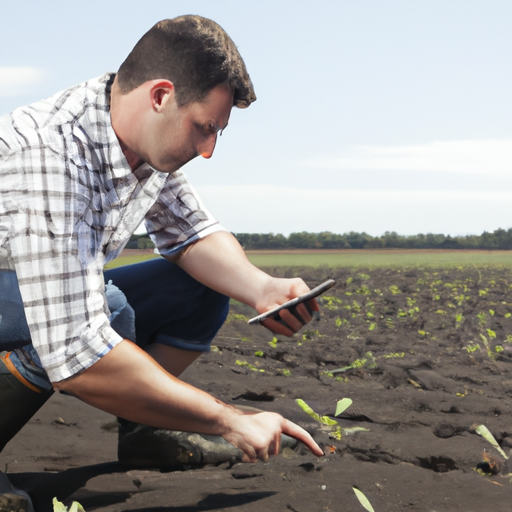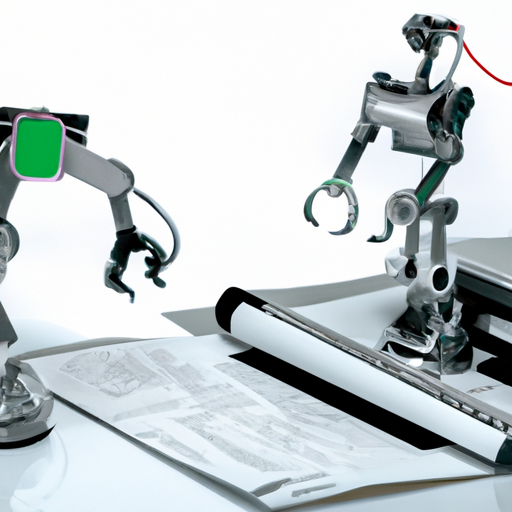The agricultural industry is undergoing a significant transformation with the advent of Smart Farming. This innovative approach integrates technology into traditional farming practices, leading to improved efficiency, productivity, and sustainability. As farmers face increasing challenges such as climate change and resource scarcity, Smart Farming offers viable solutions by leveraging cutting-edge technologies.
What is Smart Farming?
Smart Farming is the application of technology and the Internet of Things (IoT) to agriculture, enabling farmers to collect and analyze data for better decision-making. This modern agricultural practice enhances productivity through various tools such as sensors, drones, and automated machinery.
Key Technologies Driving Smart Farming
- IoT Devices: Sensors placed in fields monitor soil moisture, temperature, and nutrient levels, providing real-time data to farmers.
- Drones: Aerial imagery and crop health analysis help farmers assess large areas of land efficiently.
- Precision Agriculture: This approach uses GPS technology to ensure targeted application of water, fertilizers, and pesticides.
- Agricultural Robotics: Automated machinery reduces labor costs and increases the speed of farming operations.
Benefits of Smart Farming
Implementing Smart Farming techniques offers numerous benefits, including:
- Increased Efficiency: By optimizing resource use, farmers can maximize crop yields while minimizing waste.
- Cost Savings: Automation and precise application of inputs reduce overall farming costs.
- Sustainability: Smart Farming practices promote environmentally friendly agriculture by reducing chemical runoff and conserving water.
Challenges Ahead
Despite the advantages, Smart Farming faces challenges, including high initial investment costs and the need for technical knowledge. Additionally, farmers in developing regions may find it harder to access advanced technologies.
The Future of Agriculture
As technology continues to evolve, the future of Agriculture looks bright with the potential for higher productivity and sustainable practices. Smart Farming is not just a trend; it is a necessity for feeding the growing global population while preserving our planet.
Farmers, agribusinesses, and policymakers must collaborate to accelerate the adoption of these technologies, ensuring a secure and sustainable food future for all.
Stay tuned for more updates on Smart Farming and how technology is reshaping the agricultural landscape.




